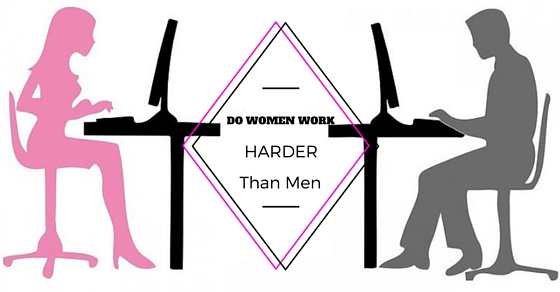
According to the United Nations, women and girls account for half of the world’s population and, as a result, half of its potential. Gender inequality, on the other hand, is a problem that exists in all countries. According to an anthropological study of the gender division of labor in many countries undertaken by The Conversation, women currently put in more effort than men. Males expend considerably less effort than females under duolocality and patrilocality, according to the report’s findings, which were published in the scientific journal Current Biology.
“Dispersing at marriage generates a disadvantage in bargaining over workload,” according to the study. It was said in the language that “dispersed” refers to a scenario in which women leave their home nation. The practice of men staying with their families while women travel is referred to as “patrilocality” in the study.
The study’s purpose was to identify the elements that successfully impact who works the hardest in a home and why, by researching agricultural and herding groups in rural China’s Tibetan borderlands, a diverse region.
According to the survey, men took little more than 9,000 steps each day, while women took slightly more than 12,000 steps. Men put in just as much, if not more, effort than women.
When both sexes are separated and no one lives with their original family, the woman nevertheless puts in more hours each week.
According to the study, perfect sex equality in workload occurs only when males disperse and females do not.
